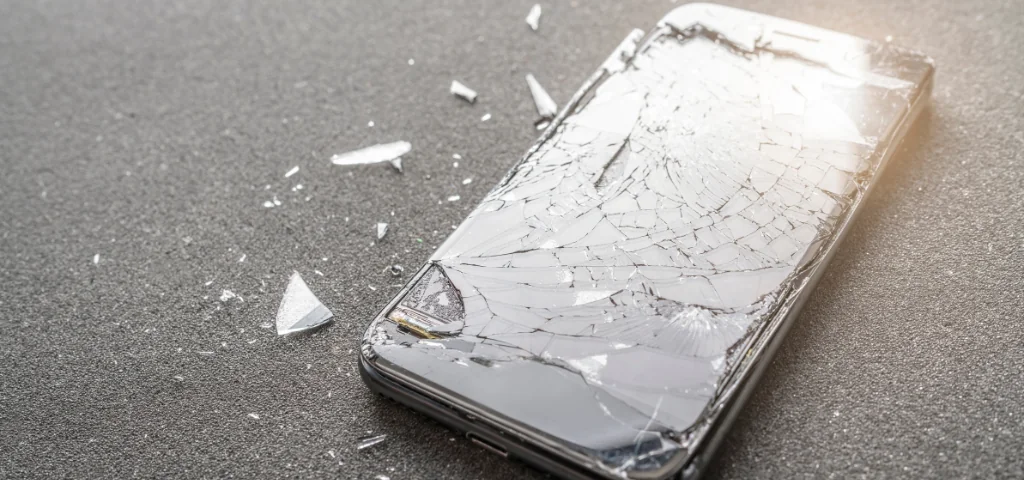What happens if your cell phone stops working soon after you buy it? You can check whether your phone is covered by legal or contractual warranties. Asking your service provider to respect a warranty can save you a lot of money if your phone must be repaired or replaced.

The purpose of warranties
Warranties protect you if something happens to your phone. For example, you can receive many services free of charge under a warranty if your phone breaks or is defective.
A warranty requires your service provider to offer one of the following services for free if your phone isn’t working properly:
- repair the phone (and lend you a replacement during this time)
- exchange the phone for a new one
- give you a refund
Legal warranties apply automatically
Your phone is automatically protected by a warranty ensuring its quality and proper operation. These warranties are provided by law, and you don’t have to pay for them. They are called “legal warranties.”
These are the main legal warranties that automatically protect your cell phone:
- You have the right to two free repairs if your new phone is broken or damaged:
- first free repair: within the first three months after you buy your phone
- second free repair: within three months after the first repair
- Your phone must work properly for a reasonable amount of time. If it doesn’t, your provider must offer you a free repair or replacement or give you a refund.
This reasonable amount of time can be more than three months. It depends on the price you paid, your contract, and the conditions in which you use your phone. The law doesn’t specify the exact length of time that a phone must work properly.
You can estimate the reasonable amount of time your phone should work by comparing your situation to other similar cases. You can refer to examples of what’s considered a reasonable amount of time for a cell phone to work properly by consulting the Examples of judgments provided by the Office de la protection du consommateur (OPC – consumer protection office).
Extra warranties
The most common warranties added to a cell phone contract are conventional warranties and additional warranties. They cover some types of breakages.
A conventional warranty (also called a “contractual warranty” or “manufacturer’s warranty”) is almost always included when you buy a phone.
Service providers often offer an additional warranty (also called an “extended warranty”) at extra cost. This type of warranty provides protection for a longer period than the conventional warranty. You can decide whether or not to buy it. If your phone is under a warranty it’s the service provider who pays for repairs if your phone is defective.
Did you know?A service provider can sometimes ask you to pay a fee for certain repairs, even if you benefit from a conventional or additional warranty. You must pay the fee if the following conditions are met:
|
How to file a claim under a warranty
If your phone is broken or defective, you must inform your service provider. Once you have done that, your provider must respect any legal or conventional warranties covering your cell phone.
Important! Some warranties only apply when you use your phone correctly. For example, you might have to pay for a repair or replacement yourself if the phone was damaged because you dropped it in water or on a hard surface.
The consumer protection office provides information about the steps to file a claim under a legal warranty, conventional warranty and additional warranty.
If you and the service provider don’t agree on the application of a warranty, the consumer group Options consommateurs provides steps you can follow to make sure a warranty is respected.
Suspending service charges while your phone is being repaired
You can ask your provider to suspend charges for services you can’t access while your phone is being repaired.
For example, you can ask them to suspend data charges if you can’t access the Internet with your replacement phone.
Beware of planned obsolescence!
Quebec law prohibits the sale of products that have been programmed to become obsolete. “Planned obsolescence” refers to techniques that reduce the normal lifespan of a product. For example, a service provider isn’t allowed to sell you a phone that has been programmed to become obsolete.
If you believe you’re facing this type of problem, you can file a complaint with the consumer protection office. The rules against planned obsolescence are being updated in Quebec. Several new protections for consumers will be available in the near future.





